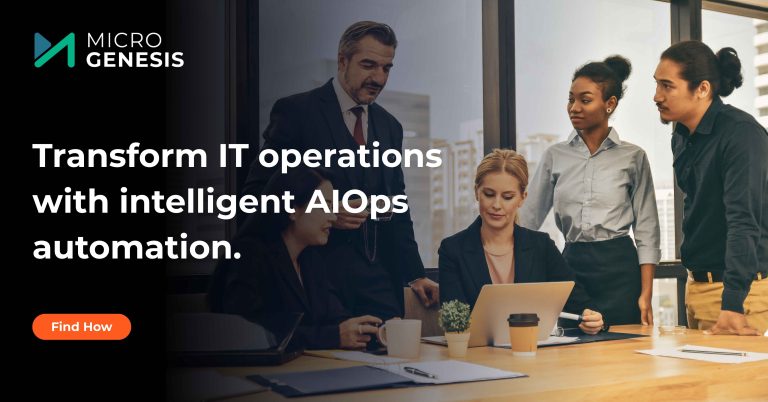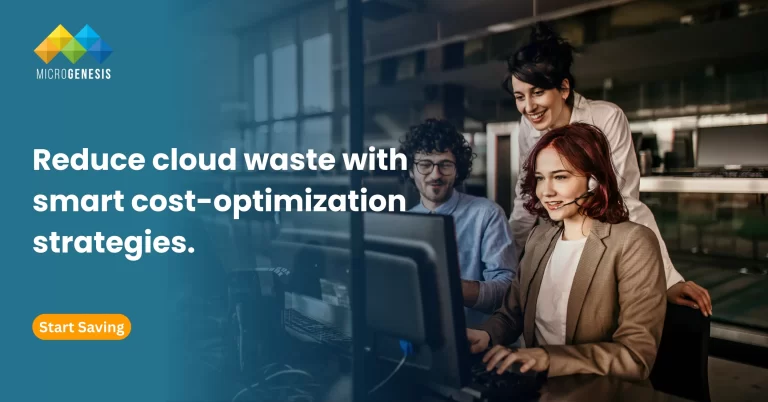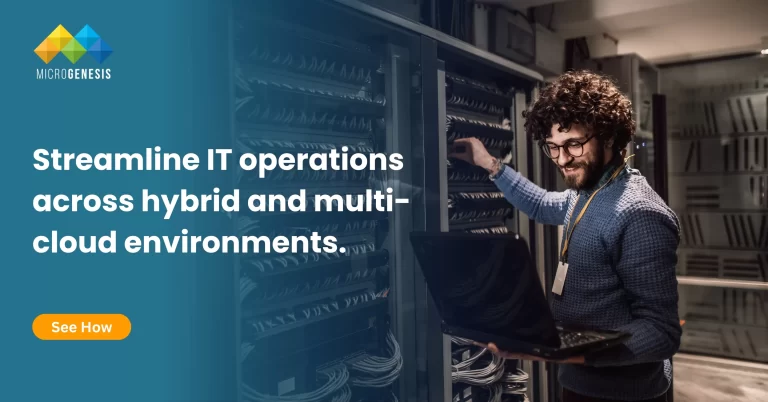The Strategic Importance of RPA Service Providers
Robotic Process Automation (RPA) has evolved from being a back-office efficiency tool into a central pillar of digital transformation. Enterprises across industries — from banking and insurance to manufacturing, automotive, healthcare, and retail — are turning to RPA to automate repetitive tasks, improve compliance, and unlock workforce productivity.
Yet, despite the clear promise, many organizations fail to scale RPA beyond initial pilots. Some underestimate governance needs, others choose the wrong tools, and many lack in-house expertise to handle compliance, change management, or scaling challenges.
The difference between RPA success and RPA failure often lies in the choice of service provider. The right partner doesn’t just “deploy bots” — they help you translate your automation vision into business value through strategy, execution, and long-term support.
This blog will guide you through how to choose the right RPA service provider, the factors to evaluate, common pitfalls to avoid, and why working with MicroGenesis can accelerate your RPA journey.
1. Clarify Your RPA Vision First
Before evaluating providers, your organization needs clarity on what RPA means for your business. Providers can guide and refine, but they cannot define your strategy for you.
- Tactical RPA Vision
Focused on cost reduction, efficiency, and error elimination. Typically begins with automating repetitive processes like data entry, invoice processing, or claims management.
- Strategic RPA Vision
Goes beyond tasks to transform business models, combining RPA with AI/ML, Natural Language Processing (NLP), and advanced analytics. Strategic vision focuses on customer experience, digital-first processes, and scaling automation enterprise-wide.
Why this matters: If your vision is tactical, you may only need a provider strong in technical deployment. But if your vision is strategic, you need a partner who understands scaling, compliance, governance, and enterprise change management.
2. Look for Industry and Domain Expertise
RPA is not one-size-fits-all. Automating invoice processing in manufacturing requires a very different approach than automating claims management in healthcare. A trusted RPA solution provider tailors automation strategies to specific industries and processes, ensuring that solutions are efficient, compliant, and scalable.
Ask yourself:
- Has the provider worked in your industry vertical?
- Do they understand your regulatory environment?
- Can they demonstrate domain-specific success stories?
Examples of why domain knowledge matters:
- Banking & Finance: Compliance with AML (Anti-Money Laundering), GDPR, and high-volume transaction processing.
- Healthcare/MedTech: Patient privacy (HIPAA, GDPR), audit trails, and strict validation requirements.
- Automotive & Manufacturing: Integration with ERP systems, supply chain automation, and quality control compliance.
Without domain knowledge, providers may build technically functional bots that fail to meet regulatory or business-critical needs.
3. Evaluate Technology Partnerships and Platform Expertise
Your RPA partner’s technology stack can accelerate or limit your journey. Leading RPA tools include:
- UiPath
- Automation Anywhere
- Blue Prism
- Microsoft Power Automate
- Open-source RPA tools (for cost-sensitive projects)
Key questions to ask:
- Are they certified partners with leading RPA vendors?
- Do they provide platform-agnostic advice?
- Can they integrate RPA with AI, OCR, ERP, CRM, and legacy systems?
- Will they help you choose the right platform for scalability and cost?
A good provider doesn’t just “push a tool.” They guide you in selecting and optimizing the tool that fits your unique business environment.
4. Ensure End-to-End Implementation Capabilities
True RPA success requires a lifecycle approach, not just development. The provider should support you from assessment to scaling.
A capable RPA service provider should offer:
- Process Assessment & Discovery – Identifying the right automation opportunities with highest ROI.
- Design & Development – Building bots with reusable components and robust error handling.
- Testing & Validation – Ensuring bots perform reliably across scenarios.
- Deployment – Smooth rollout across teams or geographies.
- Support & Maintenance – Continuous monitoring, updates, and scaling.
- Optimization – Using analytics to improve bot performance over time.
This holistic approach ensures automation doesn’t stop at a handful of pilots but evolves into enterprise transformation.
5. Check Their Governance and Compliance Framework
As automation scales, governance becomes a challenge. Without proper controls, you risk bot sprawl, compliance violations, and operational chaos.
A mature RPA provider should:
- Help set up RPA Centers of Excellence (CoEs).
- Provide role-based access controls and security protocols.
- Deliver audit-ready documentation for industries like finance, healthcare, and aerospace.
- Align bots with GDPR, HIPAA, SOX, or regional compliance frameworks.
Governance is especially critical in regulated industries — choose a partner who treats it as a priority, not an afterthought.
6. Focus on Scalability and Future-Readiness
Many organizations achieve success in initial pilots but struggle to scale automation across the enterprise.
Ask providers:
- Do they provide reusable bot libraries?
- Can they integrate RPA with AI/ML for hyperautomation?
- Do they support hybrid (on-prem + cloud) deployments?
- Can they align RPA with your broader digital transformation roadmap?
Future-ready providers will help you not just automate, but move towards intelligent automation, where bots can learn, adapt, and make decisions with AI integration.
7. Assess Change Management and Training Support
Technology is only part of the story. RPA changes how people work — and without employee buy-in, automation can face resistance.
A strong RPA provider will:
- Run change management programs to create awareness.
- Provide role-specific training (developers, business users, CoE leaders).
- Upskill employees to manage bots and automation governance.
- Build your internal capability rather than keeping you dependent.
With the right change management, employees see bots as collaborators, not competitors — accelerating adoption.
8. Look for Transparency in ROI Measurement
ROI is often the biggest boardroom question: “Is RPA really delivering value?”
Your provider should:
- Define clear KPIs (processing time saved, cost savings, accuracy, compliance adherence).
- Provide dashboards and analytics for real-time monitoring.
- Use process mining to continuously improve ROI.
- Report ROI in business terms, not just technical metrics.
The right partner proves value with data-backed reporting, making it easier to justify scaling investment.
9. Ask for Customer Success Stories and References
Case studies are critical. They prove whether the provider can deliver RPA at scale.
Look for:
- Documented success in your industry.
- Clients who have moved from pilots to scaled adoption.
- Long-term engagements, not one-off projects.
- Measurable outcomes (e.g., 70% reduction in claims processing time, 50% cut in manual invoice handling).
If a provider cannot show proof of delivery, that’s a red flag.
10. The MicroGenesis Advantage: Turning Your RPA Vision Into Reality
At MicroGenesis, we go beyond bot development to become your strategic RPA partner. We understand that automation is not just about technology — it’s about aligning with business goals, regulatory needs, and long-term scalability.
Here’s how we help enterprises fulfill their RPA vision:
- Process Discovery & Assessment – Identifying the right candidates for automation.
- Multi-Platform Expertise – UiPath, Automation Anywhere, Microsoft Power Automate, and more.
- Regulated Industry Experience – Deep expertise in automotive, banking, healthcare, and manufacturing.
- Governance Frameworks – Setting up RPA CoEs and compliance-first pipelines.
- Scaling Automation – Helping clients move from pilots to enterprise-wide hyperautomation.
- Change Management & Training – Empowering your teams to adopt, manage, and scale RPA.
- Continuous ROI Monitoring – Analytics-driven dashboards for tracking business outcomes.
With MicroGenesis, you gain not just a service provider, but a long-term partner committed to your digital transformation success.
Conclusion: Choose a Partner Who Shares Your Vision
Selecting an RPA service provider is not a vendor decision — it’s a strategic choice that determines whether your automation vision thrives or stalls.
The right provider should:
- Understand your industry.
- Offer platform-agnostic expertise.
- Deliver end-to-end lifecycle support.
- Provide governance and compliance frameworks.
- Support scaling and hyperautomation.
- Drive change management and ROI transparency.
At MicroGenesis, we bring all these capabilities together, helping organizations define, execute, and scale their RPA vision. Whether you are starting small or planning enterprise-wide adoption, we ensure your journey is secure, compliant, and value-driven. As the Best IT Company, we deliver end-to-end RPA implementation services that align automation with business strategy, ensuring sustainable impact.
With the right partner, RPA stops being just a set of bots — it becomes a strategic enabler of innovation, growth, and competitiveness.titiveness.











